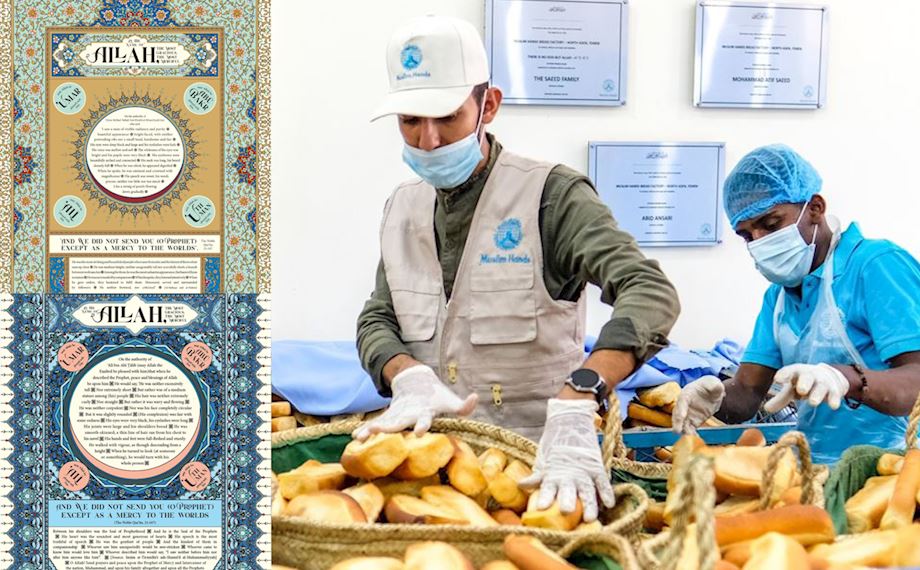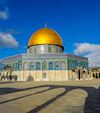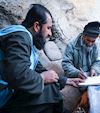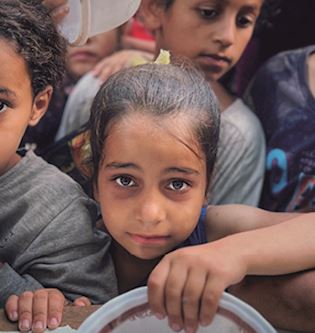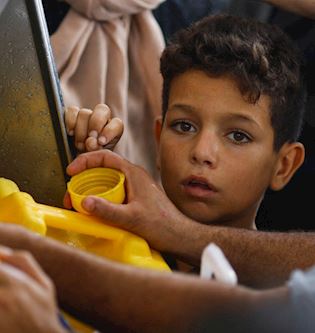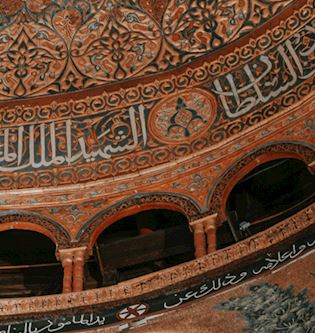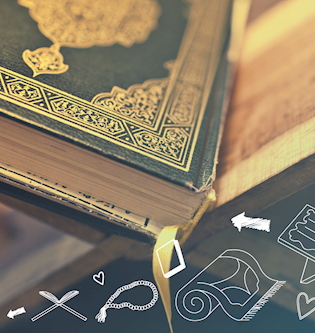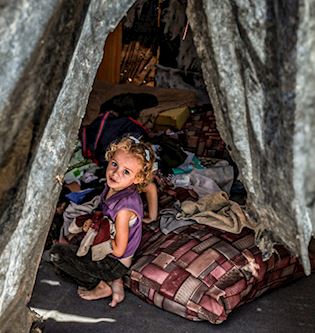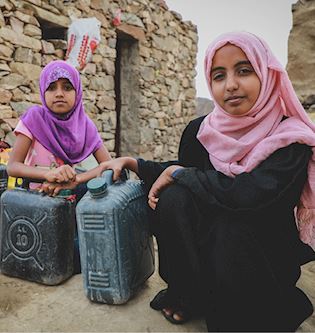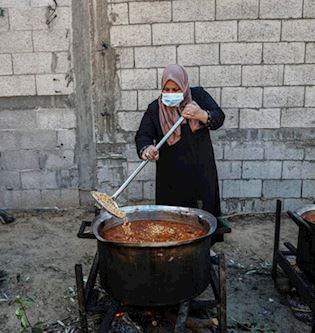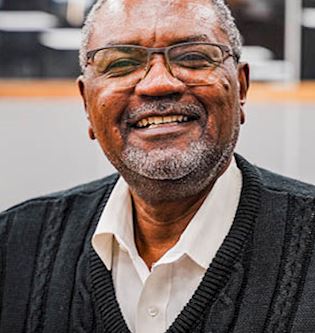Fasting the Three Bright Days: Your Questions Answered!

Download our 2022 Islamic Calendar to view all upcoming Sunnah fasts!
On the authority of ‘Abdul-Malik ibn Qudamah ibn Milhan (ra) that his father (ra) said, 'The Messenger of Allah (saw) used to command us to fast the (three) days with the bright nights (al-Ayyam al-Bid), the 13th, 14th and 15th [of every lunar month]'. [Nasa’i]
Many Muslims are aware that the Prophet (saw) used to voluntarily fast on certain days in the year. For example, he (saw) used to fast on Mondays and Thursdays. But the fact that he (saw) used to fast the three middle days of every single lunar month is not well-known at all!
In this article, we’ll discuss the meaning and significance of the Three Bright Days, the reward of fasting them - and how you can join our brand-new Sunnah Challenge!
What are the Three Bright Days?
As mentioned before, the Messenger of Allah (saw) used to fast the 13th, 14th and 15th of every lunar month. In Arabic, these days are called Al-Ayyam al-Bid, which literally means 'the white days'. They are also called 'the shining nights', 'the bright nights' and 'the bright days'.
So what is so special about these three days?
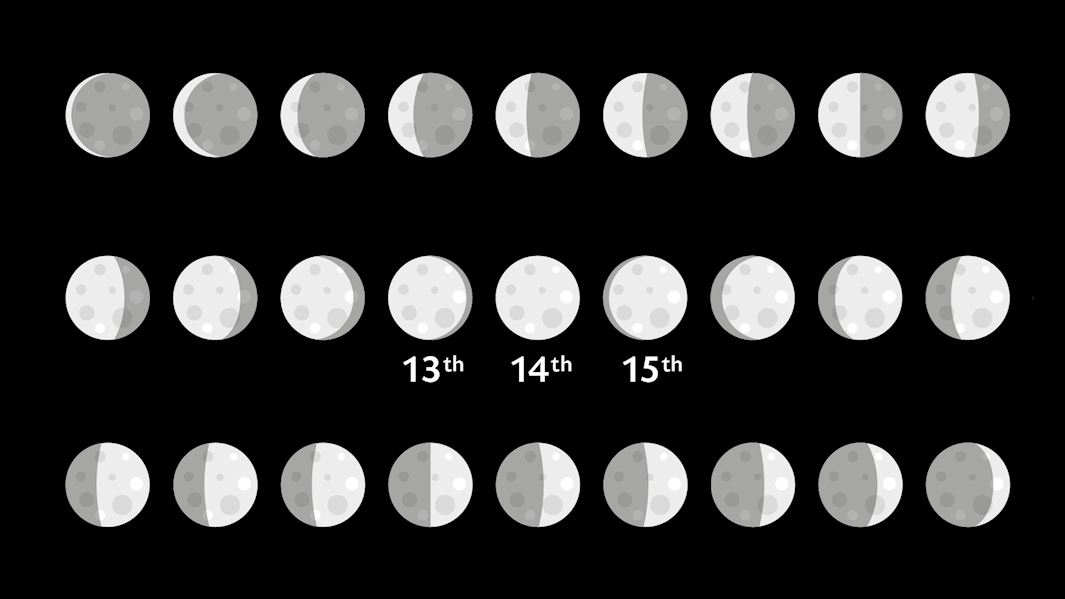
The above image shows the monthly phases of the moon. The moon begins as a crescent, then waxes until it is full, then wanes until it is a crescent again. The three middle nights of the lunar month are when the moon is full and circular. These are therefore the brightest nights of the month - hence the name! The brightness of these nights is also one of the reasons the Prophet (saw) fasted on their days. It was a way of giving thanks to Allah for lighting the dark nights. This would have been particularly poignant at the time of the Prophet (saw) when electric lighting had not yet been invented.
What is the reward of fasting the Bright Days?
On the authority of Ibn 'Abbas (ra) who said, 'The Messenger of Allah (saw) didn’t use to break fasting on the Bright Days whether he was a resident or traveling'. [Nasa’i]
SubhanAllah, the Prophet (saw) gave HUGE importance to fasting the bright days. Even though Muslims are exempt from obligatory fasting while travelling, he (saw) still made the effort to keep these voluntary fasts.
The reward of fasting these three days is incredible:
On the authority of 'Abdul-Malik (ra) who narrated from his father (ra) that the Messenger of Allah (saw) used to enjoin (fasting) these Three Bright Days, saying, 'They are (equivalent to) fasting the whole month'. [Nasa’i]
How can fasting three days be the same as fasting 30 days? Because for this Ummah, one good deed is counted as ten good deeds!
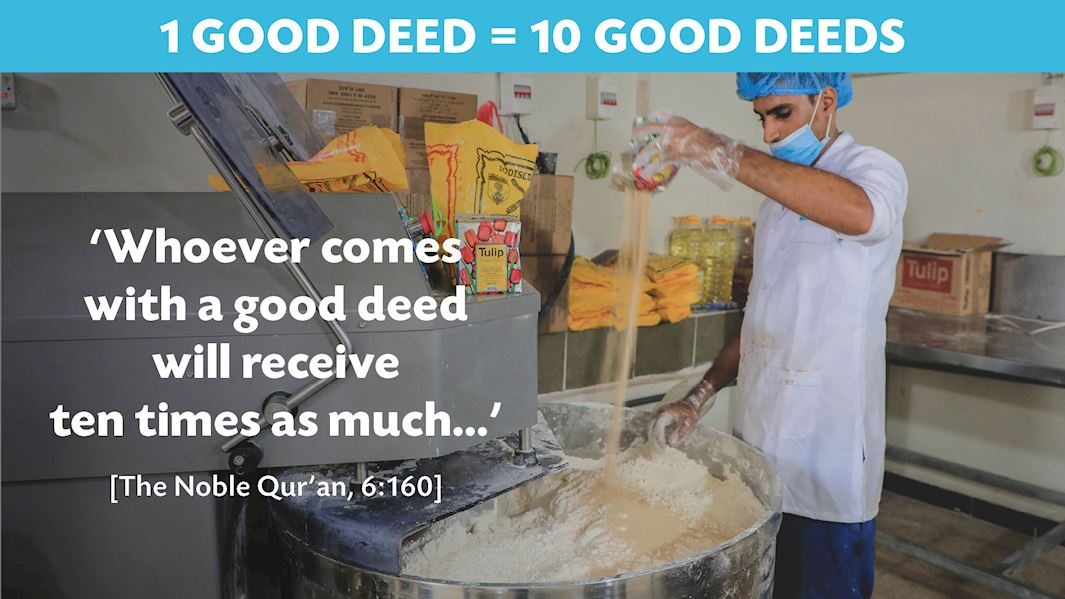
So what exactly IS the reward of fasting the whole month?
The Messenger of Allah (saw) said, 'Every deed of the son of Adam [as] will be multiplied for him, between ten to seven hundred times for each merit. Allah said, "Except for fasting, for it is for Me and I shall reward for it"'. [Ibn Majah]
This means that by fasting just three days a month, you gain unimaginable rewards, the extent of which only Allah knows. There is truly no action equivalent to fasting:
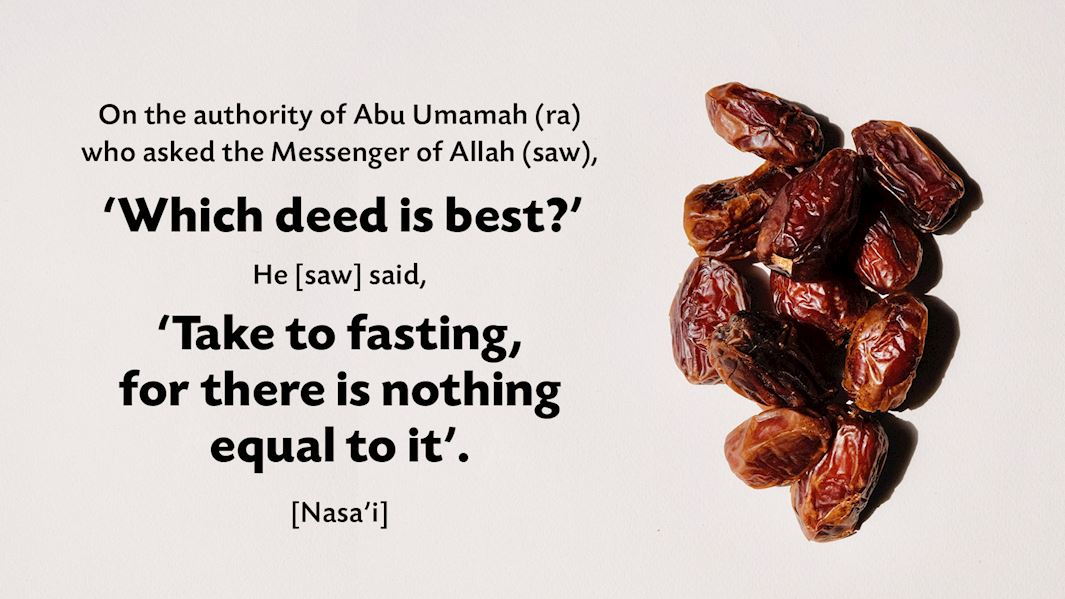
Is there any physical benefit in fasting during the full moon?
We already know that the moon’s gravitational pull impacts the tides. Interestingly, some studies have shown that the full moon can have an effect on our moods and sleep cycles.
In 2019, the BBC published an article detailing several studies which had been carried out regarding the full moon. As you can imagine, little research has been done into this area, so we don’t have a lot of evidence! Nevertheless, scientists have suggested that:
- People find it difficult to sleep during the full moon and report poorer sleep (even in controlled conditions in a sleep laboratory)
- Animals are more likely to bite us during the full moon
- The full moon can influence our mood, as shown through a study conducted with bipolar patients
- There could be higher rates of crime on full moon nights

It is difficult to understand why the full moon impacts us. One theory suggests that our sleep and mood cycles are affected because there’s more light in the sky; however, that doesn’t explain why people in well-lit cities would be affected. Another theory points out that maybe the water molecules in our bodies are sensitive to the full moon, just like the tides. However, there isn’t enough evidence to prove any current theory.
Nevertheless, there could be scientific wisdom behind fasting the three middle days of the lunar month. After all, if our sleep and mood cycles are impacted, then it would make sense to strengthen our connection with Allah in these days, so we can stay patient and good-natured. Fasting is an excellent way to do this!
This is merely an interesting scientific fact we thought you might enjoy. Ultimately, our intention for fasting the Three Bright Days is to please Allah and follow the Sunnah.
Reviving the forgotten Sunnah
Speaking of following the Sunnah…
Fasting the Three Bright Days doesn’t just carry the reward of voluntary fasting. It also carries the reward of reviving the forgotten Sunnah!
The Messenger of Allah (saw) said, 'Whoever revives a Sunnah of mine that dies out after me, he will indeed have a reward equivalent to that of those among the people who act upon it, without that detracting from their reward in the slightest…' [Ibn Majah]
Not many Muslims are aware that the Prophet (saw) used to command his followers to fast the Three Bright Days. It is thus a Sunnah that has been forgotten and neglected. By fasting yourself - and encouraging those around you to fast - you can gain the reward of reviving the Sunnah!
Making a conscious effort to follow the Sunnah is an intrinsic part of being Muslim:
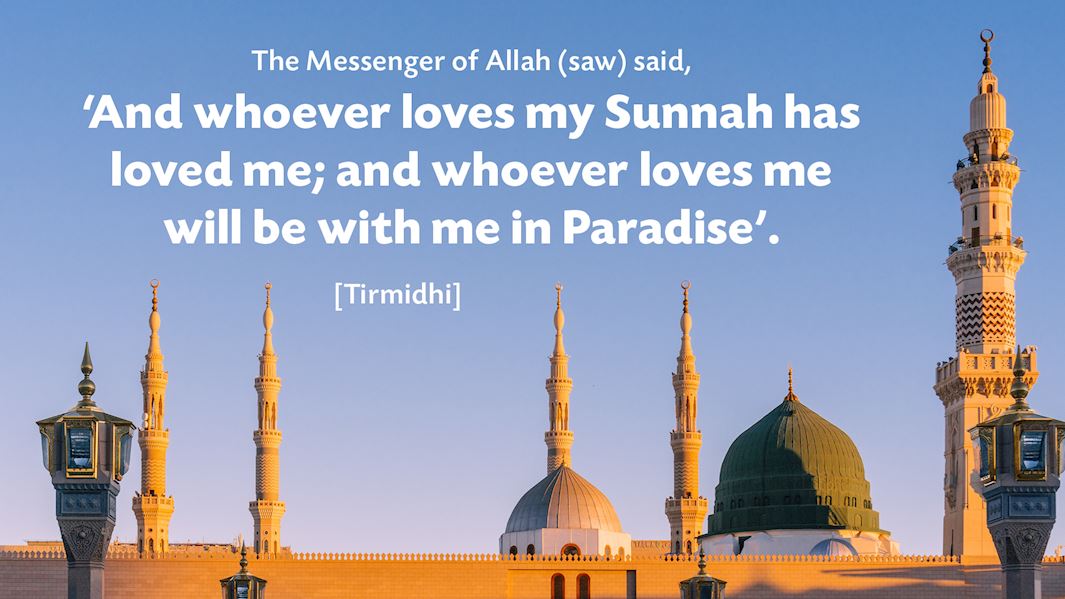
He (saw) also said, 'Therefore, whoever is reluctant to follow my Sunnah is not from me'. [Bukhari & Muslim]
We pray Allah makes us from the Prophet’s people and enables us to revive his Sunnah, ameen!
Sign up to our NEW Sunnah challenge!
To give you extra-motivation to fast the three bright days, we encourage you to take on the Three Bright Days Challenge! Not only will you be fasting with lots of other people - which is always motivational - you'll also be fundraising for the blessed lands.
So what is the Three Bright Days Challenge? It's simple:
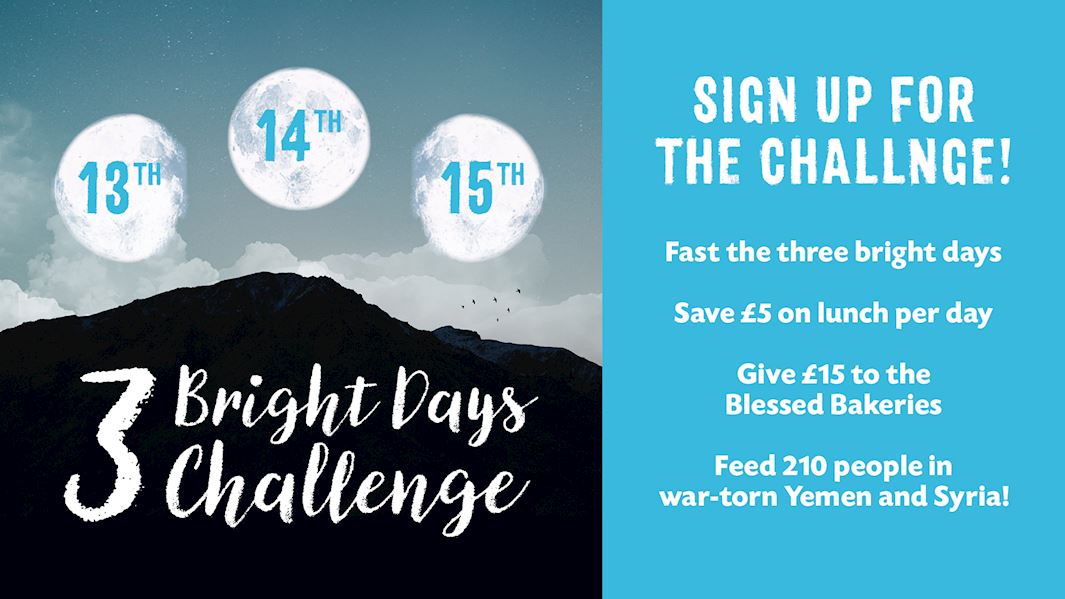
To keep track of all the Bright Days in 2022, download our free Islamic calendar.
If you are unable to fast - don't worry, you can still take part! Sponsor your children or your friends to take on the challenge! That way, you'll be helping to revive this Sunnah while making a difference in Yemen and Syria.
The Messenger of Allah (saw) directly prayed for these blessed lands, saying: 'O Allah bless us in our Shaam! O Allah bless us in our Yemen!' [Tirmidhi]
Now, we have a chance to not only revive the Prophet's Sunnah, but also support the people he (saw) blessed!
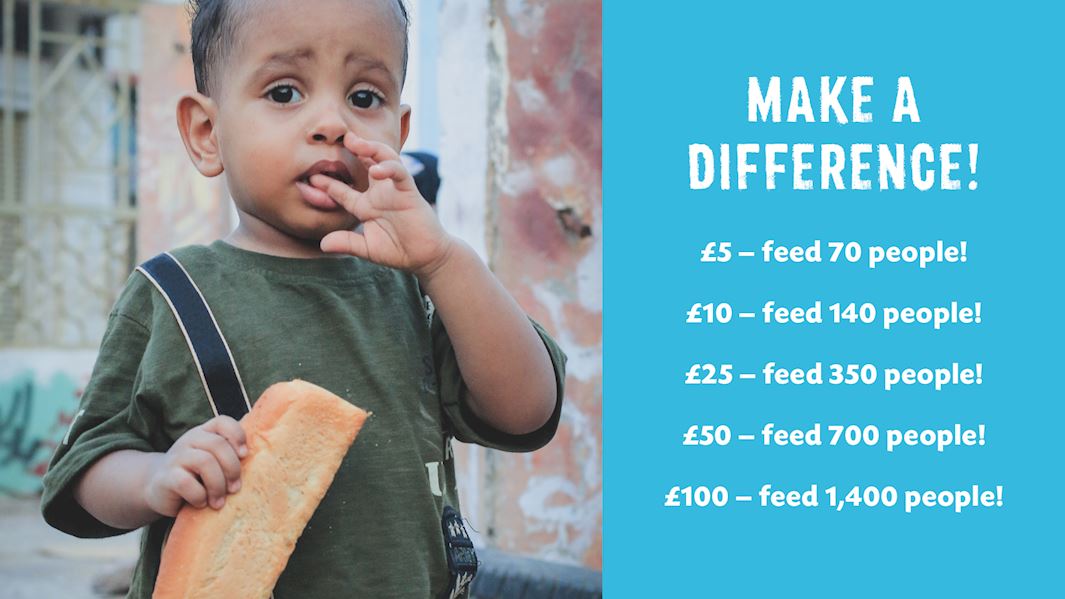
SubhanAllah, every £5 you raise will provide bread to SEVENTY people in the blessed lands. You will be gaining the reward of fasting, reviving a forgotten Sunnah, and making an IMMENSE difference. Don’t miss out!





